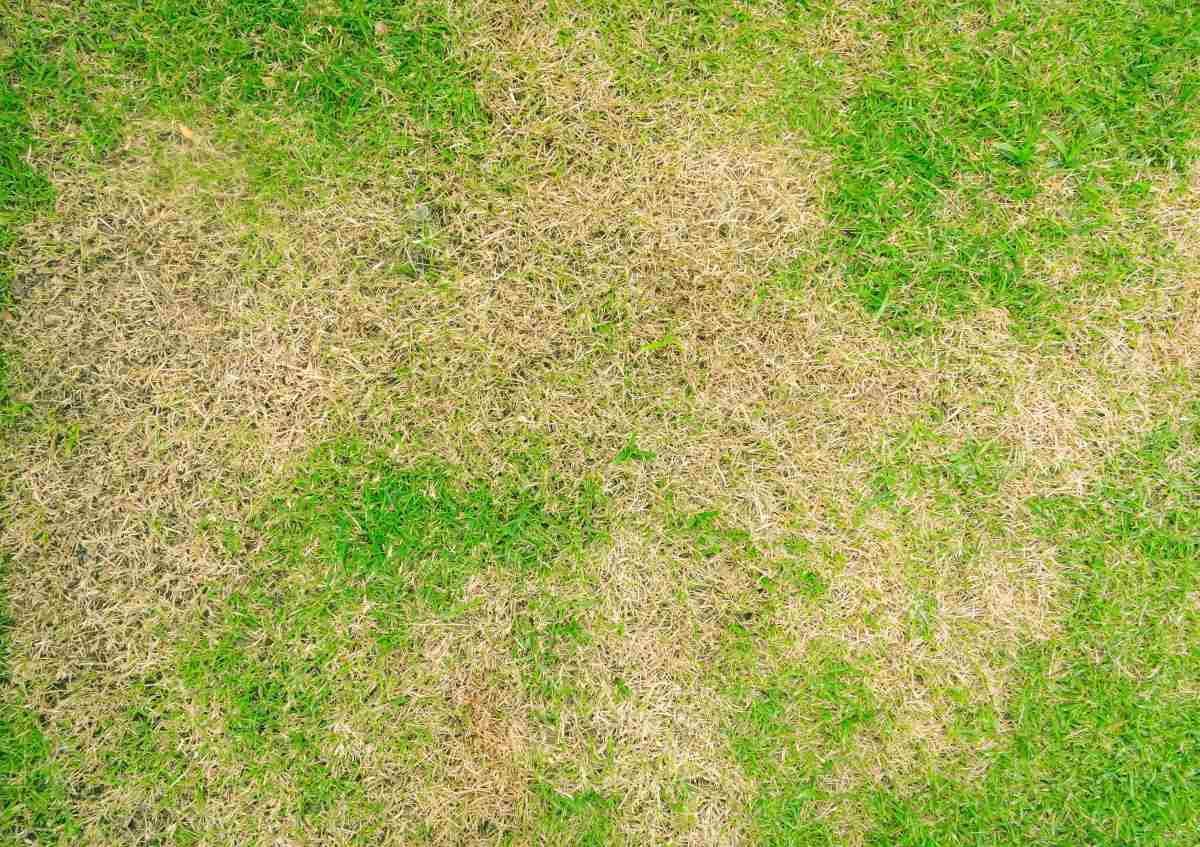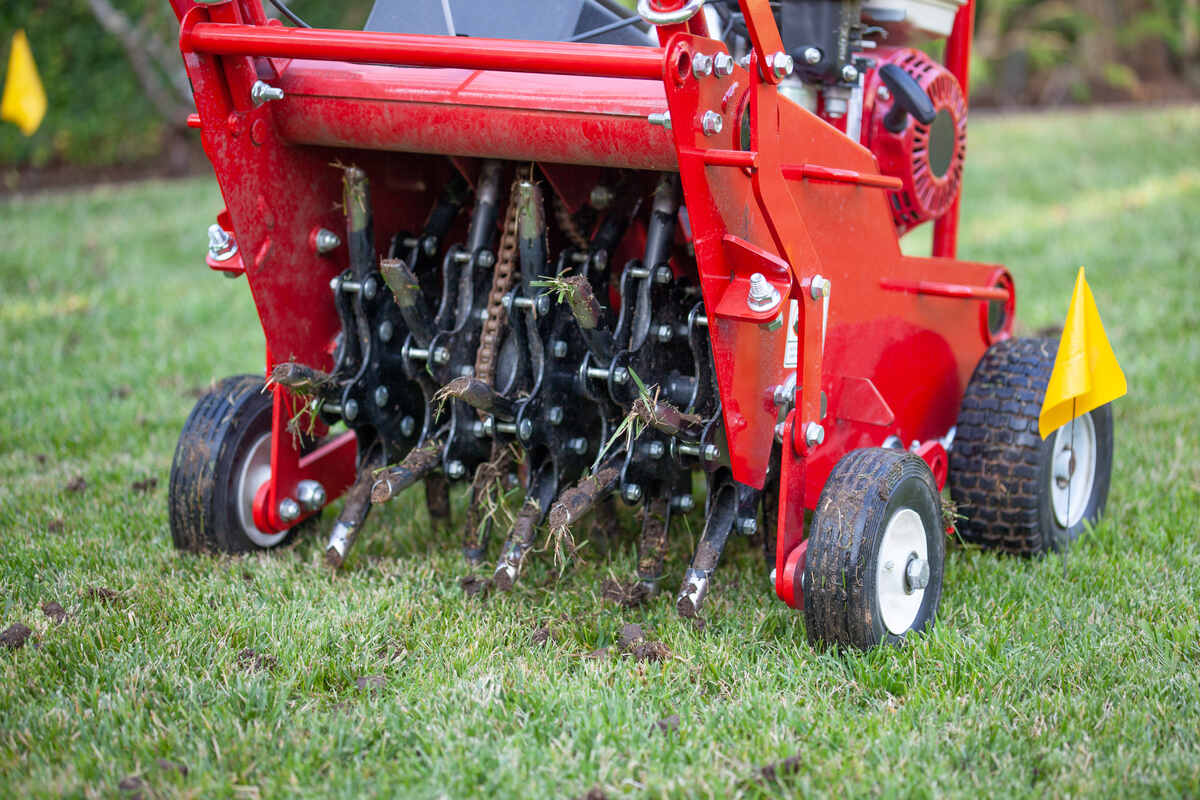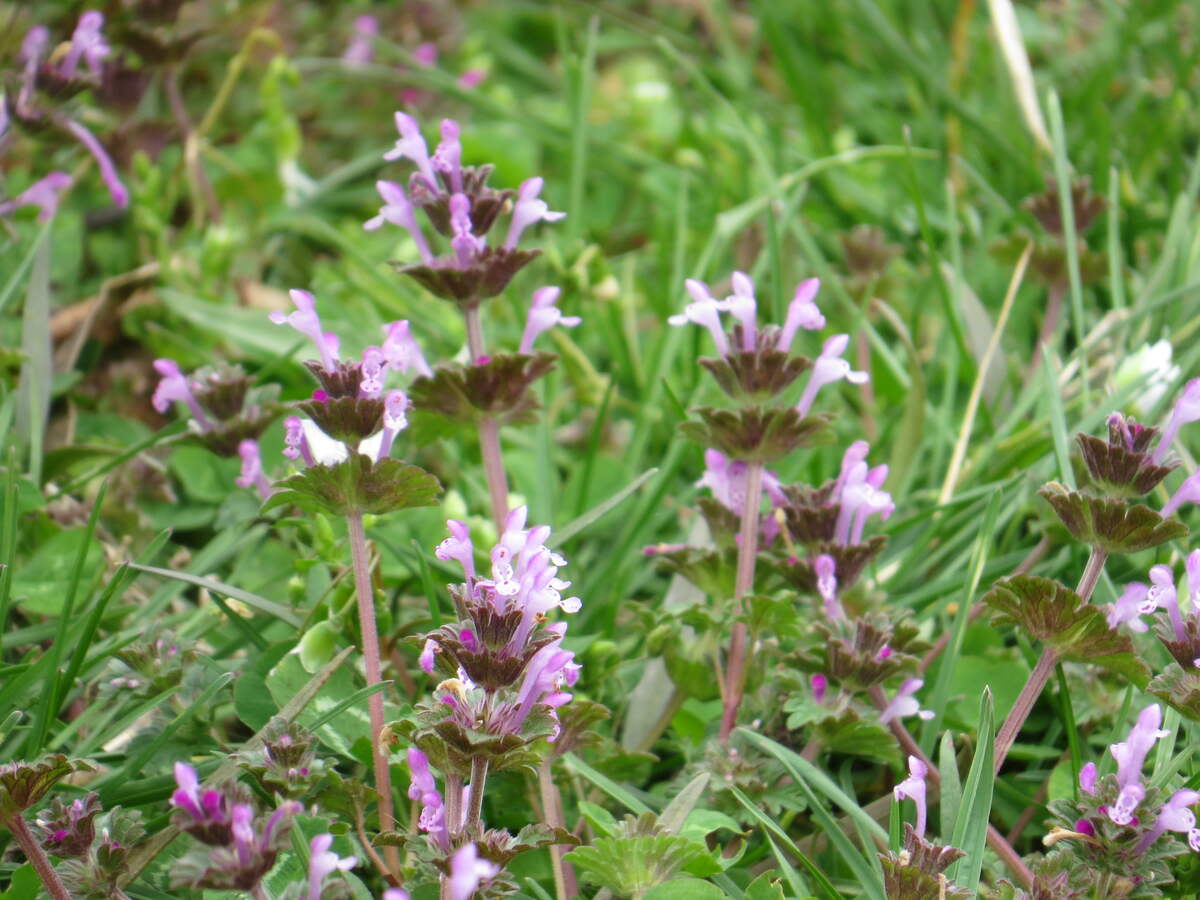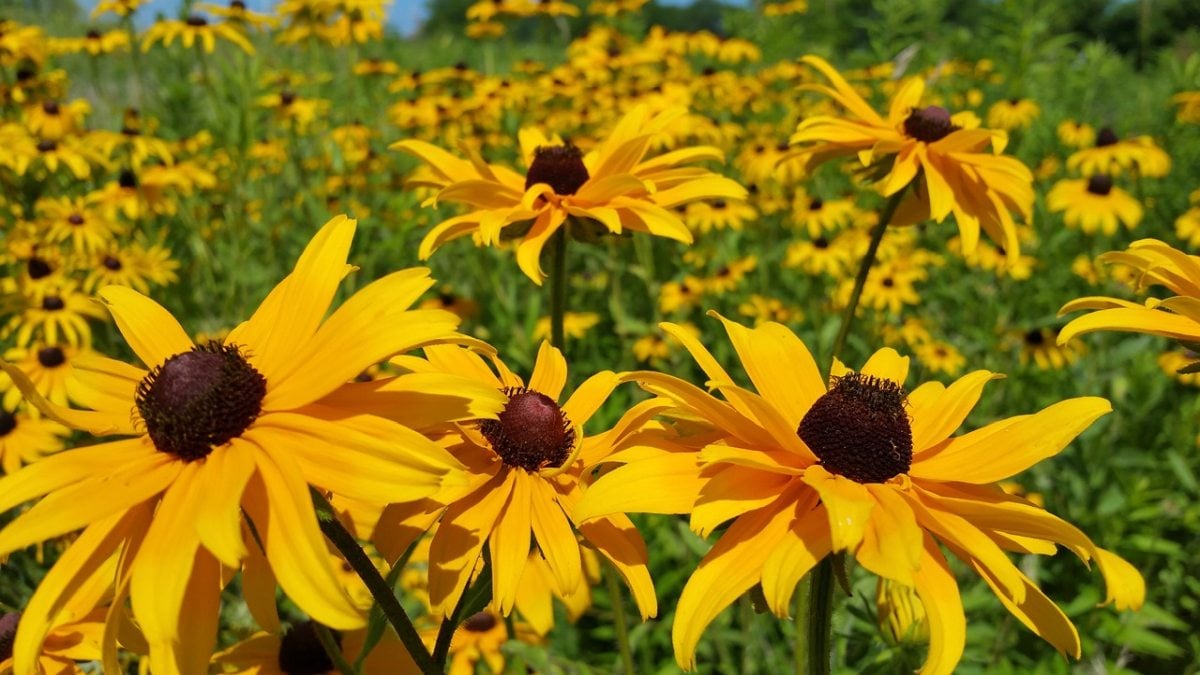
You might be tempted to ignore your Trenton lawn in the winter, but heading into the cold weather months, you should mow the lawn low, aerate, fertilize, and remove leaves and other debris to help it endure this tough time of year..
Jersey winters are hard on lawns, so before the mercury plummets and the white stuff falls, they need some TLC to help them survive the cold and bounce back fully when spring arrives. So pledge to do right by your lawn this winter with these care tips.
Mow Low Before the First Frost
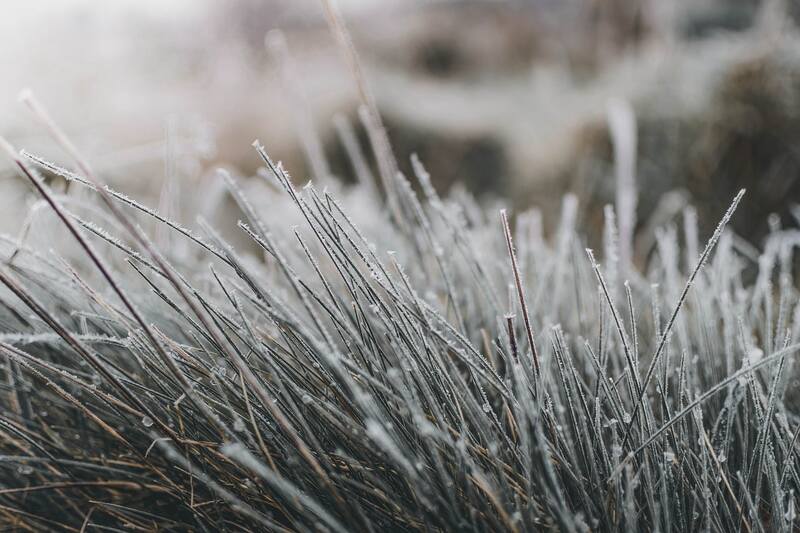
Trenton primarily favors cool-season grasses like fine fescue, Kentucky bluegrass, and perennial ryegrass. Grass growth will slow down significantly, and stop altogether when the temperatures drop consistently below 50 degrees Fahrenheit, no matter what grass type you have, because you don’t want to mow dormant grass.
Fertilize Before the Snow Hits
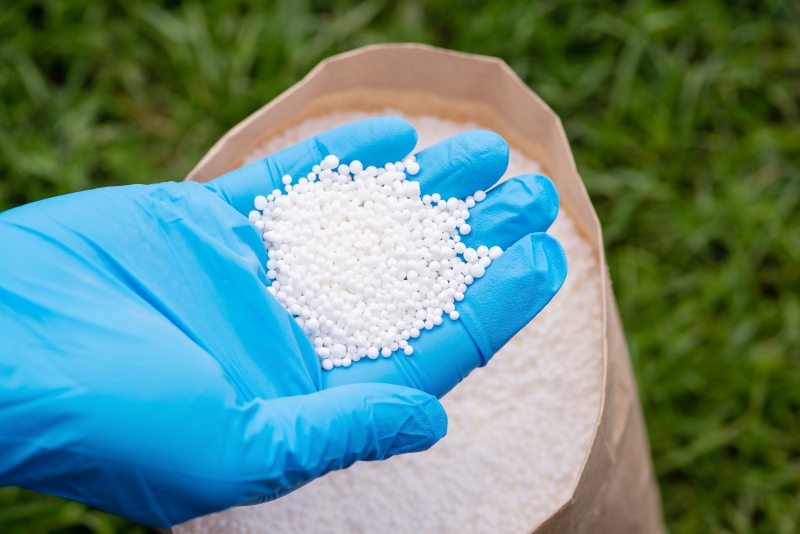
Winters in Trenton can be short, with below-freezing temperatures, but the ground needs to be fully prepared before it arrives. A well-fed lawn is strong and has all the nutrients it needs to survive through the cold.
Apply a high-quality, slow-release fertilizer in early fall, preferably between October and early November, to help the grass build a strong root system. Deep and strengthened root systems help the grass fight cold stress and come back with a bang in the spring. Prefer choosing a fertilizer with higher ratios of potassium and phosphorus to support winter hardiness.
Feeding the lawn will also aid in disease resistance and replace all the lost nutrients during the hot summer months. It’s one of the best things you can do to your lawn for Trenton winters.
Aerate and Overseed for Better Soil Structure
As with all living things, lawns need air, too. Aeration breaks up hard-packed soil to help air, water, and nutrients flow to the roots. Aeration also makes room for seeds to sprout and allows better grass growth.
Aerate early in the fall to relieve all the soil compaction, and then overseed by applying grass seed to existing turf. Overseeding will fill up all the bald and thinning spots in your yard, improve overall density, and make the turf resilient against disease, weeds, and insect damage.
Overseed in early fall following aeration and dethatching. You can also do it in late winter as well.
Check out our article How to Aerate and Overseed Your Lawn for full step-by-step instructions.
Water Regularly, but Check Moisture Levels
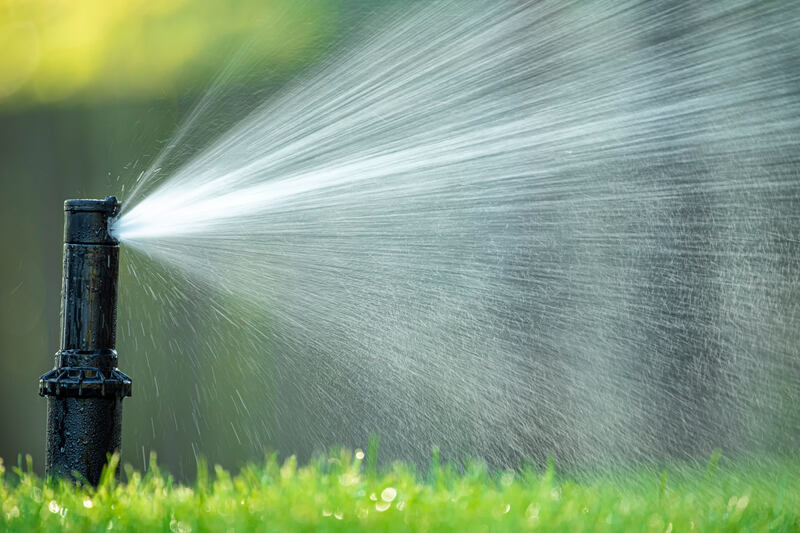
Your lawn requires less water during the winter, thanks to low photosynthesis and high precipitation rates. But you need to still keep an eye on your soil’s moisture levels. Even if the grass is dormant (bluegrass and fescues are susceptible to dormancy in harsh winters), the roots still need moisture.
When watering your lawn in winter, be sure to use only cold water. This is because sudden temperature changes can seriously stress out the roots and damage the turf. Water deeply and infrequently to ensure your green sanctuary is well-hydrated before the first frost. And when the ground freezes, stop watering.
Rake Leaves and Debris
Winter yard cleanup is an important part of winter lawn maintenance in Trenton. Fall here starts around September with temperature decline, green leaves turning into beautiful shades of red, orange, and yellow, and falling everywhere with the gusty October winds.
It’s crucial to rake and remove fallen leaves throughout the year regularly, but particularly important before winter sets in. Removing dead leaves prevents mold and disease and allows the soil to breathe better. Plus, raking away fallen leaves and debris limits rodents and bugs and keeps the yard looking sharp.
Winterize Your Irrigation System
If you have an irrigation system, winterize it. This will prevent frozen and damaged pipes during the cold months. Here’s how to winterize sprinkler systems:
- Drain the system: First, turn off the main water supply to the irrigation system and then drain the system to remove any existing water from valves, pipes, and sprinkler heads.
- Remove residue from the lines by blowing them out using compressed air. You can rent a compressor and DIY this project or simply hire a professional irrigation service.
- If you have a backflow preventer, remove it and store it indoors for the winter because the freezing temperatures will damage it.
- Insulate all exposed, above-ground pipes or components that you cannot remove or drain. Generally, foam pipe insulation works. Also, insulate all the valves and controllers.
Keep Checking for Diseases, Pests, and Weeds
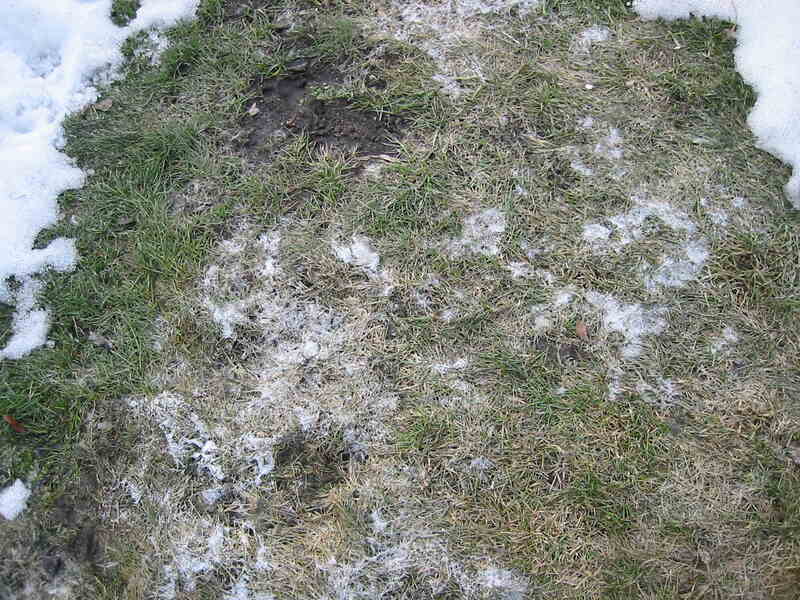
Winter in Trenton brings the risk of diseases like snow mold that arise from extra moisture during the frigid winter months when your turf is under a blanket of snow. Not to forget that pests like grubs and lawn weeds also love fall and winter to attack turf and landscape plants.
So proactively managing diseases and pests is the key to keeping your lawn happy through the winters. Keep an eye out for signs of disease and pests in your yard, but you also need certain lawn care practices to keep them away.
They include:
- Ensure that the lawn does not have excess moisture
- Promote good air circulation by limiting foot traffic and aerating your lawn
- Regularly clean up debris and remove fallen leaves so pests do not have any place cozy to set base.
- Make sure you’re up-to-date with fertilization, overseeding, and cleaning so the lawn is overall healthy and strong enough to fight off any pest or disease attacks.
- If you suspect and confirm pest activity, immediately move to lawn pest control treatments with appropriate methods. This may include targeted insecticides, beneficial insects, or cultural lawn care practices.
Install Markers
Install markers, stakes, or flags along curbs, lawns, plants, driveways, and other unseen obstacles to prevent possible damage by snow removal devices. The visual structure helps snow removal companies to carefully use snow plows, snow blowers, and shovels around it.
This will keep your lawn intact through the winter. In case of misplaced judgment, your lawn already fighting the harsh cold may suffer damage.
Things to Avoid Doing in Winters in Trenton
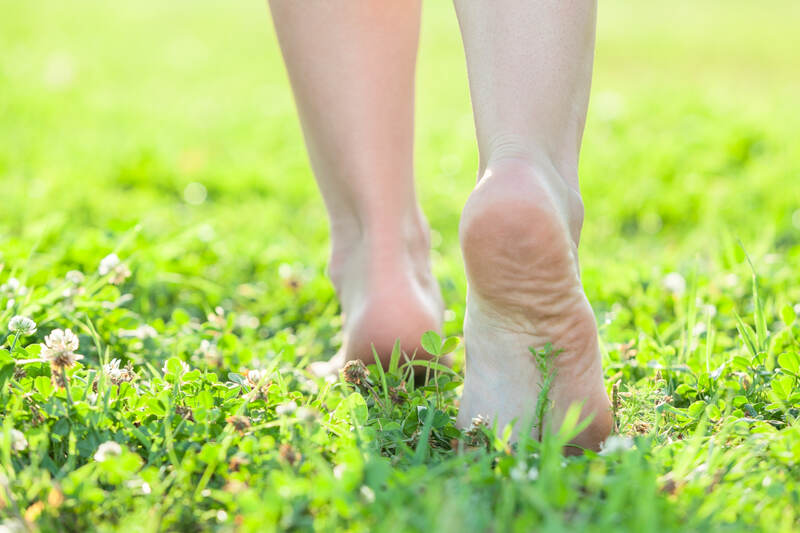
Taking care of a lawn in Trenton also means avoiding certain practices that could harm the grass or soil beneath.
Here’s what you should avoid this winter:
- Don’t walk on frozen grass as it damages the grass blades and compacts the soil. This will lead to poor root development and potential dieback.
- Avoid heavy foot traffic on the lawn during winter months as this further compacts the soil and damages turf that’s already weak.
- Don’t overwater. Excess moisture on a dormant lawn promotes diseases, root rot, and other problems.
- Don’t ignore drainage problems. If you see standing water or drainage issues, address them promptly so your lawn doesn’t become waterlogged.
- Don’t use salt to melt snow on pathways or areas around the lawn. Sodium-based products such as ice salts aren’t good for the lawn. Instead, use calcium chloride or sand.
- Avoid excessive snow buildup. Don’t pile snow on grassy areas during snow removal.
Frequently Asked Questions
What is the best fertilizer for turf grass in winter?
Winterizing fertilizers are formulated for early winter or late fall applications and have high potassium content. This promotes root growth and strengthens the grass against winter stresses. The best formulations would be 10-0-20 or similar.
How short should I cut my grass before winter in Trenton?
The recommended mowing height for healthy cool-season grass lawns is 2.5 to 3 inches.
Can warm-season grasses grow in Trenton, NJ?
Although Trenton’s climate favors cool-season grasses, a few warm-season grass varieties like Zoysiagrass may manage to grow here during the summer months and with extra TLC. But as soon as the temperatures are not warm and conducive to their growth, warm-season grasses will go dormant or even dieback.
Need Some Help?
Lawn care is a consistent job and it can sometimes get too overwhelming to manage, especially when it gets too cold. Here in Trenton, luckily, you can find a local pro to handle all your pre-winter lawn care needs with expertise in the area. So sit back and let the experts ensure that your lawn survives the winter and bounces back green and fresh in the spring.
Main Image Credit: smallbones / Wikimedia Commons / CC0 1.0
